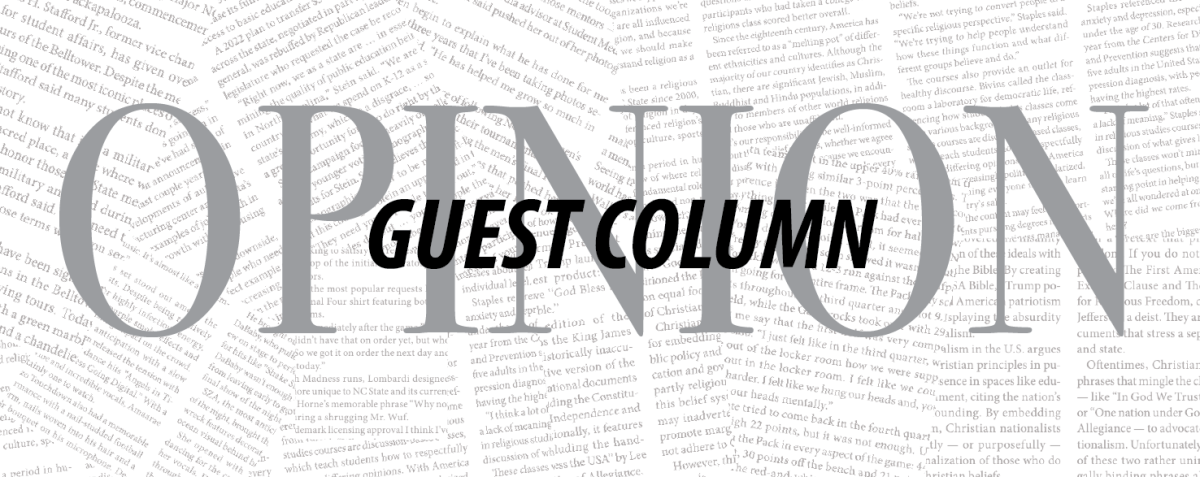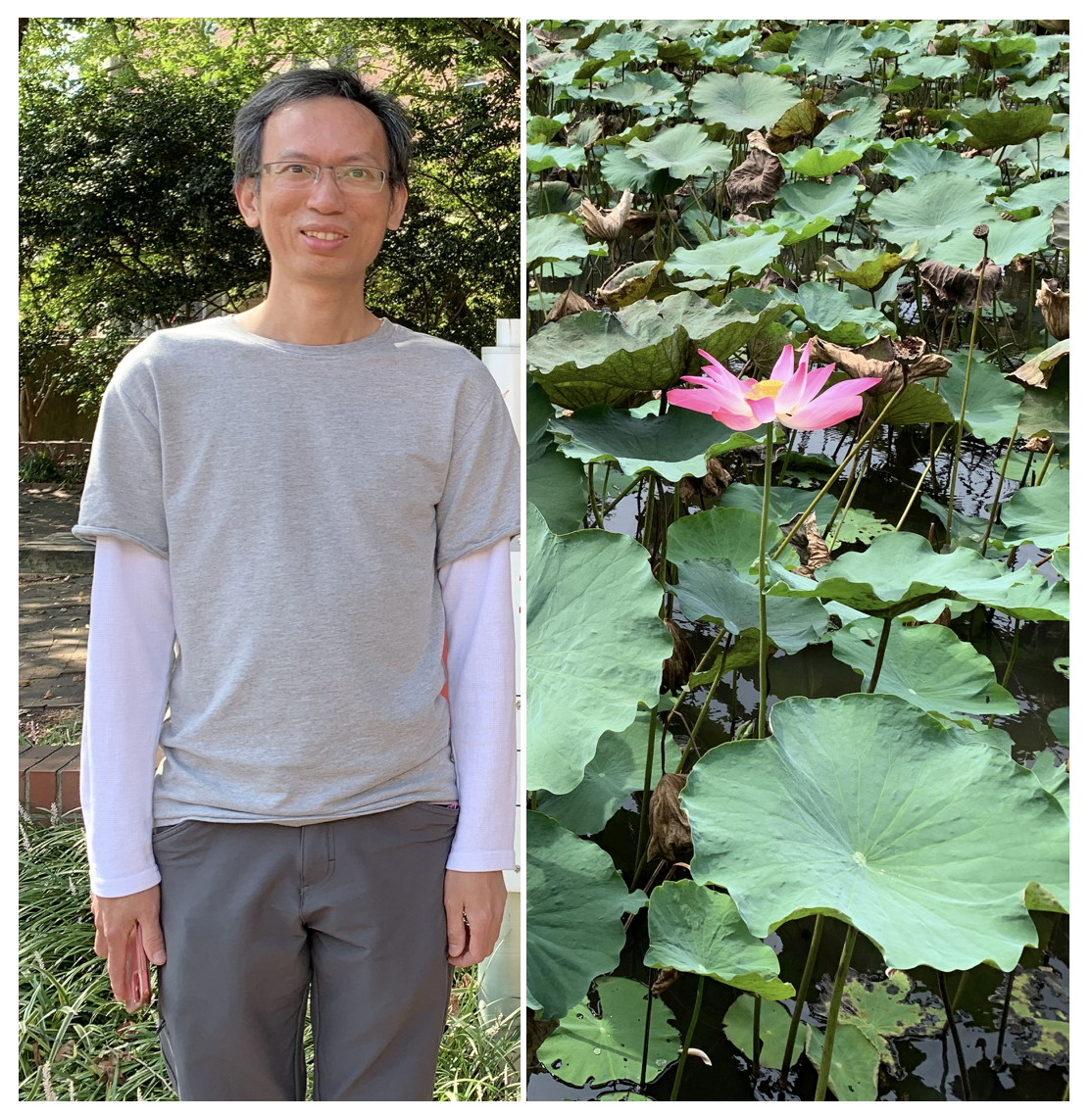On the day of his inauguration, President Donald Trump signed an executive order that, in its own words, was meant to end “radical and wasteful government DEI programs and preferencing.” While the action took place in January, it is not the beginning but the culmination of a conservative mission to dismantle programs geared toward anything they decide falls under the umbrella of diversity, equity and inclusion.
Many people may be familiar with the more “newsworthy” events connected to this DEI purge, namely its effect on federal employees — the Department of Education was recently struck by mass layoffs — and the day-to-day services they are responsible for, such as airline safety, which have already produced deadly, tragic results.
But the Trump administration’s crusade against “DEI,” “wokeness,” “Critical Race Theory” or whichever euphemism for the mere existence of marginalized people they choose to use has also led to an escalation of repression and McCarthyism on college campuses.
However, it is important to note that while Trump may be more abrasive with his rhetoric and destructive in his approach, universities themselves are also guilty of either pre-emptively complying with his demands or taking their own steps to reduce any mention of “DEI” in relation to their courses and programs.
In 2024, the UNC System instituted its “Equality Within the University of North Carolina” policy. It both repealed and replaced various 2019 measures that created DEI “officers” and regulations on campuses across the UNC System. One of the stated goals of this policy was to “support academic freedom, equal opportunity and institutional neutrality.”
As if the choice to roll back commitments to inclusion is any more “neutral” than creating the commitments in the first place.
More recently, my alma mater, Northwestern University, removed information that could be perceived as related to DEI from its website at the beginning of March. Among the information removed were the web pages for the Women’s Center and Multicultural Student Affairs.
Not only is the implication that feminism and multiculturalism can be neatly severed from its students’ education absurd, but Northwestern, a private university in a firmly blue state governed by a relatively progressive governor, is choosing to comply with Trump’s witch hunt rather than fighting back.
Even more shameful is Columbia University, which recently targeted students with suspension, expulsion and temporary revocation of degrees over alleged involvement in the occupation of Hamilton Hall, or “Hind’s Hall,” during last year’s nationwide campus protests over Israel’s genocide of Palestinians in Gaza.
This comes on the heels of the university’s cooperation with the Department of Homeland Security in the arrest of graduate student Mahmoud Khalil on March 8 under the false pretense of his support for “terrorism.”
Amidst this flurry of attacks on its students, it was revealed that the Trump administration sent Columbia a letter demanding a series of policy changes, including the placement of the Middle East, South Asian and African Studies department under academic receivership, that must be completed in order for the university to regain the $400 million in federal funding Trump cut prior to this.
I lead with this information because it is all I can think about as a graduate student and a teaching assistant here at NC State.
In the fall, I will be an instructor of record in charge of my own English 101 classes. Some of the courses I am taking in preparation for this role have dedicated entire days to discussing how to teach in a way consistent with my morals without being accused of committing an offense that can be framed as an infraction of the school’s new anti-DEI policies.
But as I said earlier, to the Trump administration and his collaborators in university offices and trustee meetings, “DEI” can be anything they want. To some, a Black woman receiving a promotion is DEI. To others, the mention of a woman or her uterus or her period is DEI.
What is stopping a student or a fellow teacher from seeing me, a queer man with brown skin who speaks Spanish, standing at the front of my classroom discussing something they disapprove of and claiming that I too am guilty of DEI?
If someone were to ask me how I feel about being a student and a teacher during this DEI crackdown, I would tell them that a not-so-insignificant part of me is scared.
Though not because of the possible repression I may face because of it.
My Dominican grandparents lived through Rafael Trujillo’s brutal dictatorship. People in Palestine, Sudan and other countries around the world are trying to survive amidst bombs, starvation and a lack of vital, life-giving infrastructure. Even here in the United States, my citizenship status means I will face less backlash for my political views and any perceived “DEI” than students like Mahmoud Khalil.
No, I am scared because our universities have shown time and time again that they will not protect us.
Trump’s crackdown on DEI and his continuation and escalation of former President Joe Biden’s repression of student protests are not separate issues but two sides of the same coin in his attack on personal freedoms and higher education. Rather than recognize this, institutions like Columbia, Northwestern and the UNC System have chosen to comply with one, or both, of these lines of attack.
How can these institutions, in good faith, sit by and accept Trump’s framing of DEI as a nebulous concept harmful to the government and to white people as a whole, or his framing of student protestors — specifically Palestinian students — as uniquely dangerous to their peers? It is dishonest to separate the response to anti-DEI legislation from how anti-genocide protestors were and are continuing to be treated.
Both show how little students matter to the officials who claim our education and safety are priorities.
As much fear as I have for the future, there is also hope. This past week, I was in New York City visiting friends. On March 10, I joined thousands of people in the streets of lower Manhattan in marching for the immediate release of Mahmoud Khalil. Four days later, on my last afternoon in the city, I joined community members and students at a protest outside Columbia University demanding divestment from Israel, the release of Mahmoud and the reinstatement of students who had been retroactively punished for their activism.
Whether it was marching alongside thousands in the middle of Canal Street or chanting on the Upper West Side, I felt a sense of community I hadn’t experienced since the Gaza Solidarity Encampment at Northwestern last spring. Students, teachers, organizers, parents, workers, grandparents, children and more all came together to fight for a student whose university actively assisted with his arrest.
If our institutions and the Democratic Party will not mount a defense of the programs Trump has deemed “DEI,” or a defense of Mahmoud and the other students protesting for Palestine who have no doubt been targeted in the days between my writing this piece and its publication, then we must do it ourselves.
Though I, and my fellow graduate TAs, may not be able to count on NC State’s protection, I will ensure my students know they can always count on mine. Because that is my goal as a teacher, not the accusations of indoctrination and coercion that Trump is leveraging to devastating effect.
I want to teach my students about rhetoric and language, yes, but I also want to teach them that their instructors and institutions have a duty to protect them.
So, with this in mind, I refuse to allow my fear to paralyze me. I will teach my students to the best of my ability while also fighting for my beliefs. Trump may be able to coerce the obedience and silence of institutions, but he cannot do the same to me or the other graduate students around the country fighting so that we, and the undergraduate students we are responsible for, can learn a better world is possible.











